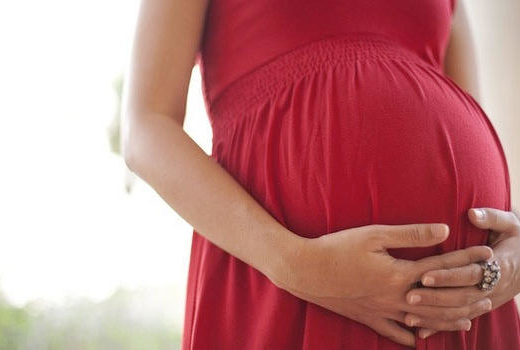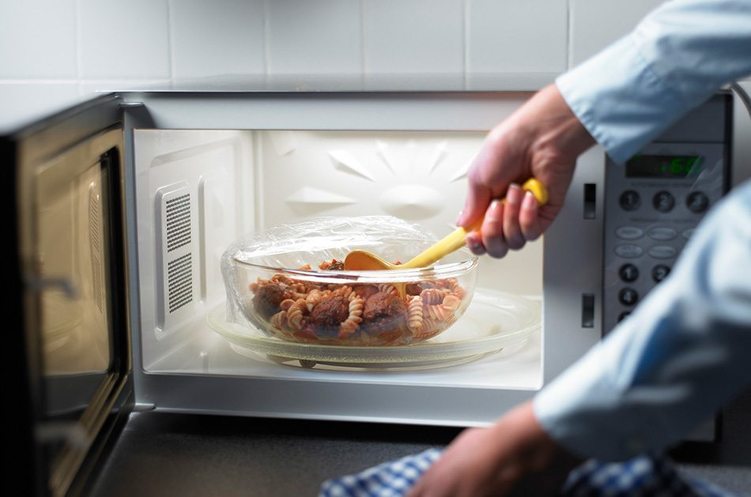Listeriosis: Simply Q & A explains what to do
Listeriosis refers to the invasive form of illness caused by the bacterium called Listeria monocytogenes

Q: What is listeriosis?
Listeriosis refers to the invasive form of illness caused by the bacterium called Listeria monocytogenes.
This form of the illness is the more severe of two types of illnesses caused by this organism.
The other milder form presents with typical gastroenteritis symptoms i.e. fever and diarrhoea.
This latter form is usually not serious, and most people heal quickly. However, the invasive form is far more serious causing 20-25% mortality (deaths).
Q: Who is at risk?
Listeriosis can be dangerous to persons who are at greater risk – pregnant women (20 times more likely to contract listeriosis), the elderly (over 65 years of age) and persons with weakened immune systems, for example, those who have had organ transplants, those with HIV/AIDS, diabetes, cancer and other autoimmune diseases.

ALSO READ: Zululand supermarkets started removing all Enterprise and Rainbow products from their shelves
Q: What products are affected?
Listeria monocytogenes bacteria are found widely in nature but Listeriosis can be contracted from eating contaminated food.
The bacteria may be present in raw food or may contaminate food after it has been cooked or processed.
It grows at cold temperatures and can therefore grow in home refrigerators.
Listeriosis is killed by cooking, so cooked products are safe.
Whilst polonies and other chilled processed meats are being recalled, it is important to note that fresh and frozen chicken has not been linked to the outbreak and is not subject to recall.

ALSO READ: How to reduce the risk of Listeriosis
Q: What should I do?
All fresh and processed food stored at home, especially in refrigerators, should be washed thoroughly if eaten raw, or cooked thoroughly before consumption.
Reheat foods to steaming hot, and if you plan to eat previously cooked and refrigerated leftovers, only keep them in the fridge for a day and reheat them thoroughly to steaming hot.
This will kill Listeria bacteria.
When reheating food – especially in a microwave, make sure the food is steaming hot throughout – because microwaving can leave cold pockets in food.
If you have bought polony or processed meats and you are unsure of the current recall, you should return them to a retailer for a refund.
Do not dispose of these foods in home dustbins.
Source: Dr Anelich is director of Anelich Consulting. She holds a PhD in Microbiology from the University of the Free State and has served a term as Associate Professor at Stellenbosch University.
She specialises in food safety, food microbiology and is a consultant to local and international food organisations, private and public.
HAVE YOUR SAY
Like our Facebook page and follow us on Twitter.
For news straight to your phone invite us:
WhatsApp – 072 069 4169
Instagram – zululand_observer


